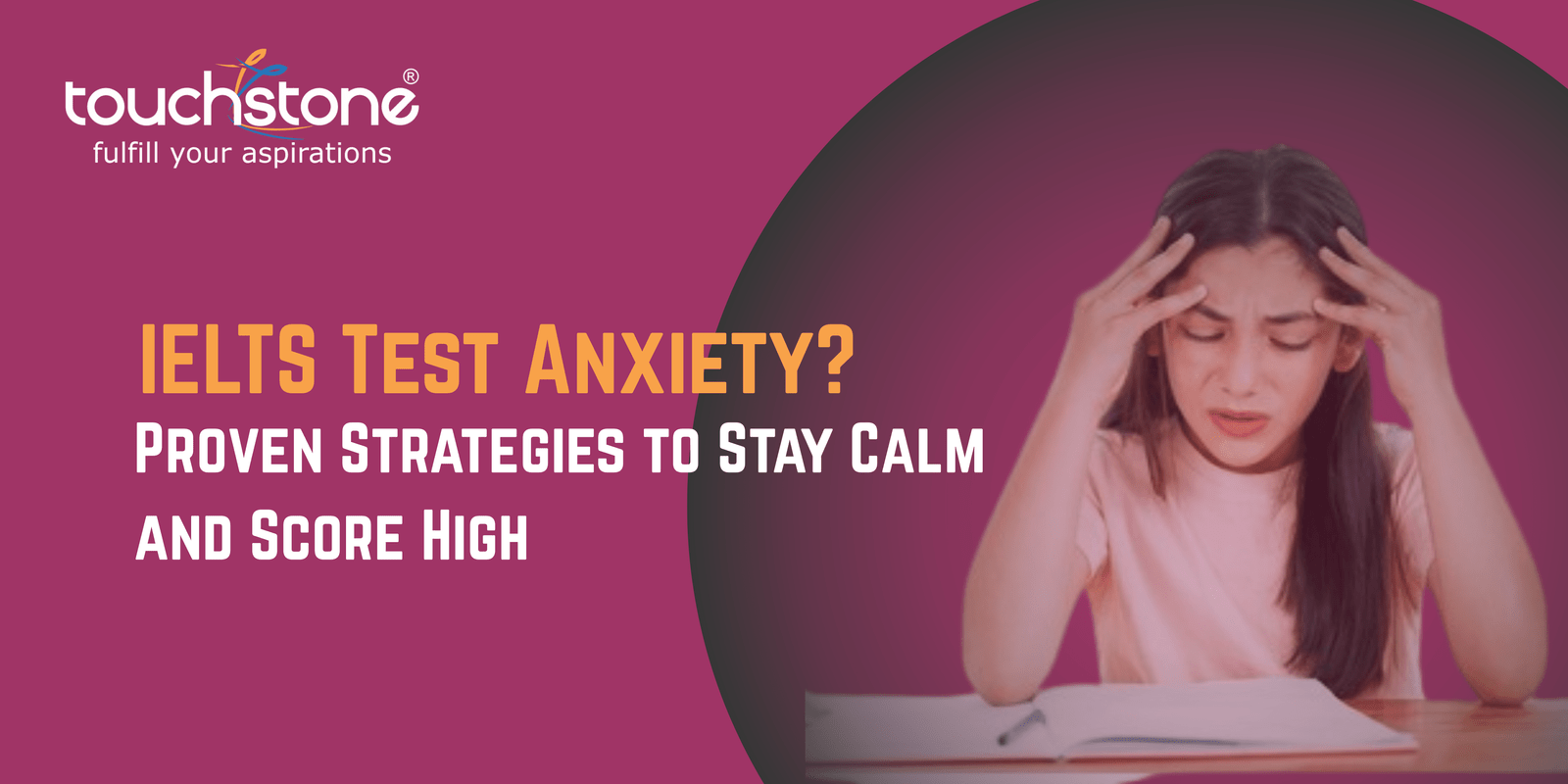Deciding to pursue your higher education at colleges in New Zealand is by all accounts a sensible choice; however, you ought to know that it is not difficult to get into diploma course when contrasted with degree courses in New Zealand as the level running in intensity varies in both. Some tips by Touchstone experts to approach the application procedure for study in New Zealand will spare a considerable measure of your time and give you the right guidance.
Applying for Application forms
You can get application forms in many ways, at the same time, for which, you should make certain inquiries in no less than 8 to 10 months before the last date of submission. It is easy to get the confirmed dates as you can download the same from the net or even get them by means of email. In the event that you wish to get them online, you have to ask for them on the official site of the particular college. In conclusion, you can consider reaching Touchstone to get hold of the application date. Fix your decision to benefit yourself.
Ensuring the Eligibility criteria
You have to finish twelve years of education alongside basic instructions before you consider applying for a college in New Zealand. The qualifications which are accepted are Intermediate Courses, Indian School Certificate, High School Certificate, All India Senior School Certificate and Higher Secondary Certificate. You locate that a large portion of the colleges looks for 60% marks in English and 75% total marks. In case the criterion isn’t met, you should do a one year course in any college in India or most likely, a short duration course in any New Zealand College to meet the eligibility criteria of your desired college
Necessities for the Application
The individuals who are applying for a college class or a Bachelor’s degree in New Zealand need to submit transcripts of the last test of the years alongside the secondary school report. You have to ensure you present the original or certified genuine copies as confirmation for admission. These genuine copies ought to be affirmed by an authority of the establishment or a chief, or a specialist or by a legal official or even by the equity of peace. In the event that the transcript is in a language other than English, you have to enclose a copy which is deciphered in English by the issuing authority of the college.
Not disregarding the Standardized Tests
You have to take the IELTS test, which is, the International English Language Testing System. You must check with the concerned college with regards to the scores relevant as various colleges acknowledge distinctive scores. If there is an occurrence of you not having the capacity to score the required bands, you should go for an IELTS training course from Touchstone.
The Application expense in colleges and universities
The application charge varies for different schools and colleges, so you have to look at this before you apply. The distinction in charges relies upon the course you select and the college you apply to. This isn’t the educational cost charge, however, an expense for handling your application. The educational cost expenses should be paid once you get the acknowledgment letter. You should know about this to maintain a strategic distance from any disarray and to deal with your accounts as needs to be.
For more information about Study abroad options, visit the nearest Touchstone centre.








